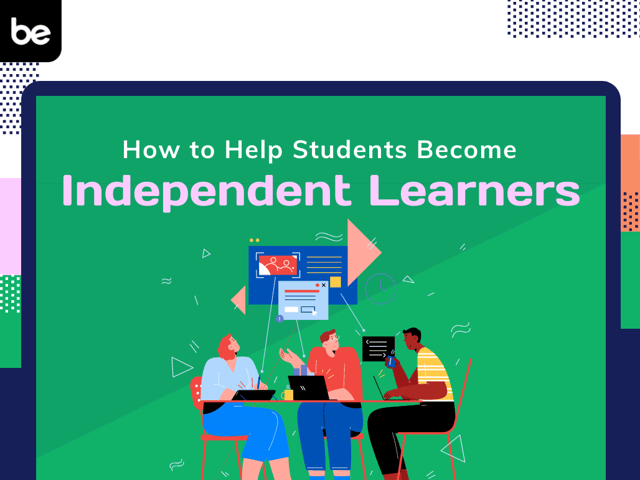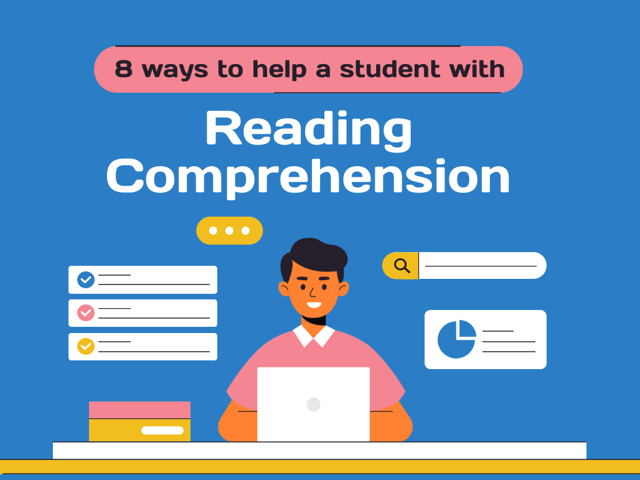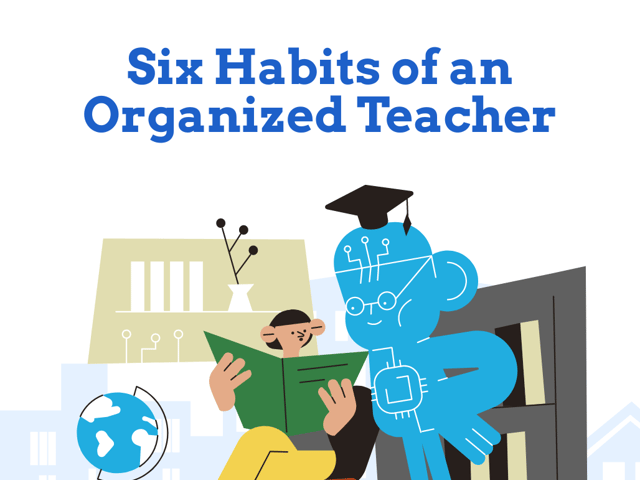
Nine Qualities of a Good Teacher
Teachers wear many hats each day. They are instructor, coach, cheerleader, counselor, salesperson, manager—the list is long and constantly changing. But within all of these roles, there are certain qualities that make a teacher “good” and effective in their job. We’ve selected nine important ones to highlight.
1. Patience
Good teachers must have patience. That patience may be tested by students, parents, school administrators, co-workers, etc., but good teachers can identify challenges and face them with patience and understanding.
2. Creativity
Creativity manifests in the classroom in a myriad of ways. Not only are good teachers creative lesson planners who consider the needs of their students and develop meaningful instructional activities to meet those needs, good teachers are quick to “think on their feet” and develop creative ways to handle challenges that may arise.
3. Strength in Communication Skills
It has been noted that communication is a two-way street, and good teachers acknowledge this fact. But effective communication not only involves listening and speaking, it also means being able to communicate to a wide variety of audiences for a number of different purposes. Good teachers know that communication must be clear and should be done in a timely manner in a way that will be successfully received by the audience.
4. Flexibility
Talk to any teacher and they will have a story about the perfect lesson plan or the perfect activity that was suddenly derailed by a surprise fire drill, an unexpected power outage, or some other disruption. Good teachers know how to “roll with the punches” and be flexible. A lesson plan’s not working to engage students? No problem, they can switch directions on the fly and pull students back in.
5. Knowledge
In addition to being creative and flexible, a good teacher needs to know their stuff. And there’s a lot of stuff to know. In addition to being a subject specialist confident in the curriculum, good teachers must be knowledgeable about student learning, best practices, and current pedagogy. They are knowledgeable about content, but also about their students, engaging with them to get to know them and know how they learn and what they struggle with to best address their needs.
6. Preparedness
Good teachers are prepared, though they are also flexible enough to adapt if things don’t go as planned. Good teachers don’t read a text for the first time with their students; they read it ahead of time and prepare to answer questions they anticipate students may have, pull out difficult vocabulary or concepts that may need more in-depth explanation, and so on. And they don’t use the same lesson plans year in and year out because it’s what they’ve always done; they revise, refine, and reflect on what worked and what didn’t to continue to improve and hone their skills so they can come to class prepared.
7. Organization
As author and educator Lynda Peterson notes, “With organization comes empowerment.” Good teachers are organized and model organization for their students to help empower them in their own success. Returning wrinkled papers or projects with coffee stains suggests disorganization and a certain level of disrespect for the student and their work. Rather, a good teacher is organized and can help students find and model methods of organization that work to help them complete assignments, prepare for assessments, and manage their time, empowering them with lifelong skills.
8. Understanding
Good teachers understand that the emotional baggage their students carry can affect learning in addition to life. They are empathetic and encourage students during every challenge. They create a safe environment where students feel confident in taking chances. Good teachers do not confuse empathy with excuses, however, and continue to hold students accountable for high expectations while supporting them through challenges and celebrating their successes.
9. Consistency
It doesn’t matter how much knowledge a teacher has or how creative they are if the classroom environment is out of control. Good teachers know that consistent follow-through and maintaining fair and equitable expectations encourage students to engage as part of a respectful classroom community. Students will rise to the challenge if they are encouraged and supported along the way with consistent expectations and reliable follow-through.
These qualities are in no particular order, and some are more important than others from one day to the next or even from one hour to the next. Overall, good teachers are good people who care about their students and want them to succeed not only in the classroom but in life. If you think you’ve got what it takes to become a teacher and you live in Georgia, we’d love to help you reach your goals! Check out our free GACE practice tests, GACE study guides, and GACE flashcards.

Keep Reading

Georgia Assessments for the Certification of Educators Blog
How to Help Students Become Independent Learners
As educators, our number one goal is to help students become independen…

Georgia Assessments for the Certification of Educators Blog
How to Help a Student with Reading Comprehension
Many readers take for granted the ability to read and understand a text…

Georgia Assessments for the Certification of Educators Blog
Six Habits of an Organized Teacher
Those who envision education as neat rows of quiet students dutifully w…